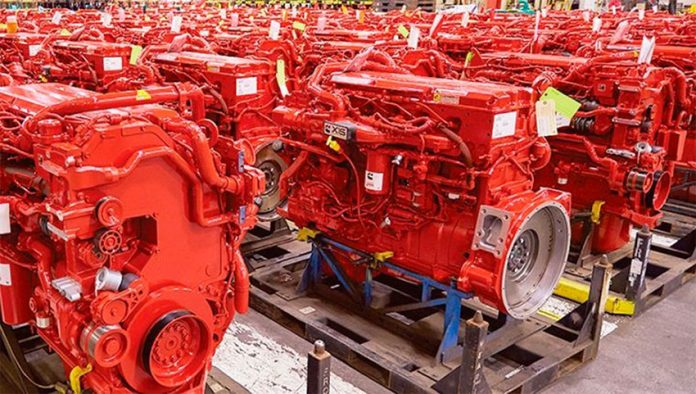United States automotive manufacturer Cummins has confirmed that it will move some of its operations from China, India and Brazil to Mexico.
The decision was made to meet stipulations in the United States-Mexico-Canada Agreement (USMCA) and to respond to tariffs recently imposed by the United States.
Cummins Latin America vice president Ignacio García said that once the USMCA enters into force, the heavy transport industry will be obliged to increase its regional content from 62% to 75% over a seven-year period.
This stipulation is forcing supply companies to move operations currently in China and other countries outside of North America to within the treaty’s signatory nations.
García said the process will also include moving some production from the United States to Mexico, such as its filters division, for which Mexico is seen as more productive than its neighbor to the north.
“We’re moving lines of filtration production from the U.S. to Mexico and expanding the plant in Ciudad Juárez in order to meet demand for diesel fuel injection in the Americas,” said García. “The tariffs levied by the U.S. on Europe and China are helping this process; it makes companies look to Mexico as a place where they can relocate production lines to supply the U.S. market.”
“We’re currently at 62% regional content, but this will rise to 75%. Looking at the constituent parts, there are the smelting plants in Brazil and Germany, steel crankshafts in Brazil, copper radiators from China, and fuel components that come from India, and we’re analyzing all those products.”
The U.S. company already has two plants in Mexico, one in Ciudad Juárez and the other in San Luis Potosí. Its operations in Mexico are primarily involved in refurbishing, while its U.S. plants produce new motors.
However, a new niche for Cummins in Mexico is the production of filters and fuel systems for the whole world. It also has plants for fuel injection gas treatment, crankshafts and high-powered engines.
“We have to maximize the potential of these plants,” said García. He stated that the demand in China will continue to rise, but it is necessary to increase regional production in North America.
“We have seven years from the beginning of the USMCA. There’s still time, but we have worked with companies in China, India and Brazil in order to begin to understand how to open plants in Mexico and the U.S. and move product.”
Source: El Economista (sp)
